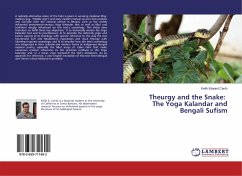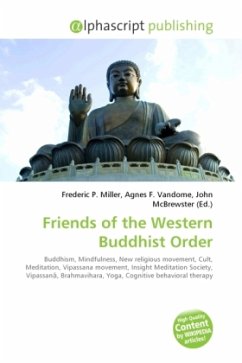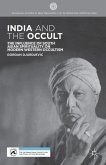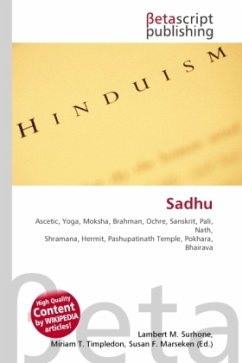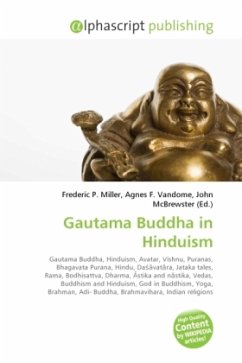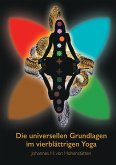A radically alternative vision of the fakir is given in surviving medieval (Bng. madhya- ug, "Middle Age") and early modern textual sources that predate and coincide with the colonial period in Bengal, such as the widely influential seventeenth-century Yoga Kalandar text as well as Baul oral traditions deeply influenced by this text's cosmology. This thesis aims therefore to fulfill three key objectives: 1) to historically situate the Yoga Kalandar text and its practitioners; 2) to describe the distinctly yogic and tantric aspects of its theology, with specific reference to the way the text harmonizes Sufi and Neoplatonic hypostases and ritual theurgy with Sa khya-inspired cosmology; and 3) to describe how the text's cosmology was integrated in later colonial and modern forms of indigenous Bengali mystical poetry, especially the Baul songs of Lalan Fakir that make numerous creative references to the practices outlined in the Yoga Kalandar and, in a sense, even transcend the text's limitations. As an appendix for reference, a new English translation of this text (from Bengali and French critical editions) is provided.

